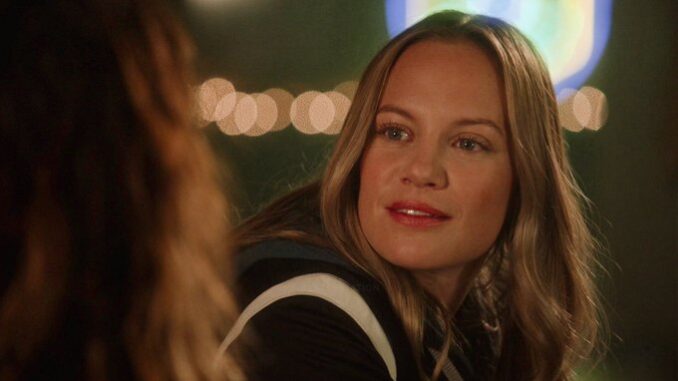
A Roman Holiday: When the Lines of Fiction Blur
The cobblestone streets of Rome, bathed in the golden hour glow, have witnessed countless moments of romance. But on a recent afternoon, it wasn't just another couple stealing a kiss in the shadow of the Colosseum. It was Owen Hunt and Maya Bishop, or rather, Kevin McKidd and Danielle Savre, stars of the long-running medical drama "Grey's Anatomy" and its spin-off "Station 19," seemingly blurring the lines between fiction and reality. The grainy photos splashed across the internet, courtesy of a zealous tourist or perhaps a strategically placed paparazzi, ignited a firestorm of speculation and intrigue among fans.
The image itself is deceptively simple: two figures locked in an embrace, the iconic Italian landscape serving as a dramatic backdrop. But within that single frame lies a complex tapestry of on-screen relationships, off-screen realities, and the parasocial connections that bind viewers to the actors who embody their favorite characters.
For years, McKidd has been synonymous with Dr. Owen Hunt, the tortured army veteran turned Chief of Trauma, whose romantic life has been a tumultuous rollercoaster of love, loss, and questionable decisions. Savre, meanwhile, portrays Captain Maya Bishop, a strong-willed firefighter who navigates the complexities of her professional and personal life with unwavering determination. Seeing them together, beyond the confines of the television screen, immediately sparks a cognitive dissonance. We are trained to see them as their characters, and the sudden intrusion of their personal lives disrupts the carefully constructed illusion.
The immediate reaction, as is typical in the age of social media, was a flurry of speculation. Are they dating? Is this just a friendly embrace between colleagues? Is it all a carefully orchestrated publicity stunt? The internet sleuths were out in full force, dissecting every detail of the photo, searching for clues and hidden meanings. Did the way McKidd held Savre suggest more than friendship? Was there a subtle hint in their body language that betrayed a deeper connection?
Beyond the superficial gossip, the incident raises deeper questions about the nature of celebrity and the blurring boundaries between public and private life. Actors dedicate their lives to portraying fictional characters, but they are also individuals with their own relationships and experiences. The public, however, often struggles to separate the actor from the role, projecting their hopes and expectations onto these individuals.
The "Grey's Anatomy" universe, in particular, is built on emotional investment. Viewers have spent years following the intricate relationships of the doctors and firefighters of Seattle, investing heavily in their triumphs and tragedies. The real-life romantic lives of the actors become inextricably linked to the fictional narratives they portray, adding another layer of complexity to the viewing experience. The alleged kiss in Italy becomes a meta-narrative, a real-world echo of the drama and intrigue that unfolds on screen.
Ultimately, the significance of the McKidd-Savre "kiss" lies not in whether it confirms or denies a romantic relationship. It lies in the way it illuminates our own relationship with celebrity, the power of fiction to shape our perceptions of reality, and the insatiable curiosity that drives us to peek behind the curtain and glimpse the lives of those who entertain us.
Perhaps it was just a friendly embrace between colleagues, a moment of camaraderie shared in the romantic setting of Rome. Or perhaps it was something more. Whatever the truth, the image of Kevin McKidd and Danielle Savre kissing in Italy serves as a potent reminder that even in the age of hyper-scrutiny, the allure of the unknown and the mysteries of the human heart remain as captivating as ever. And for fans of "Grey's Anatomy" and "Station 19," it adds yet another layer of intrigue to the already complex tapestry of their favorite shows, blurring the lines between fiction and reality in a way that only the best dramas can.